IN PICS! Oxford study says 1st dose of AstraZeneca vaccine cuts COVID spread by 67%
By Lokmat English Desk | Published: February 4, 2021 03:40 PM2021-02-04T15:40:02+5:302021-02-04T15:40:02+5:30
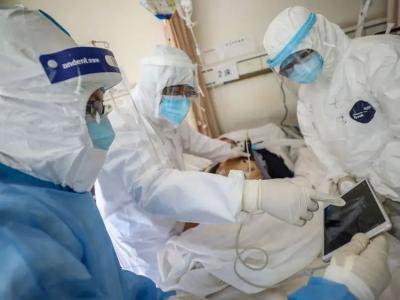
At a time when the vaccination drive is going on in a number of countries, a new Oxford University study on Wednesday stated that the first of the two-dose Oxford/AstraZeneca vaccine can cut coronavirus transmissions by around 67 per cent and therefore have a “substantial effect” on controlling the spread of the deadly virus.
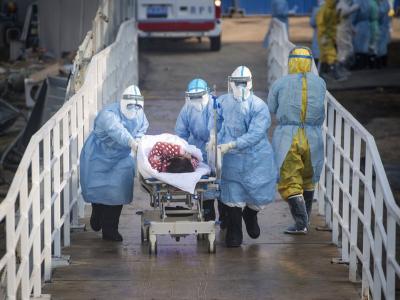
The UK government described this as good news for the world because the impact of COVID vaccines on transmission has been a crucial unknown in the fight against the pandemic
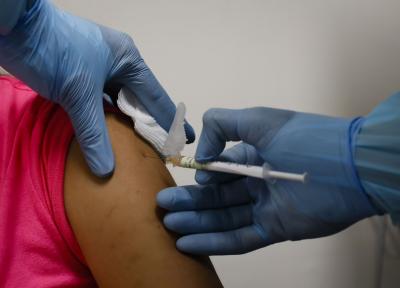
“The data indicate that (the vaccine) may have a substantial impact on transmission by reducing the number of infected individuals in the population,” notes the report from the latest study
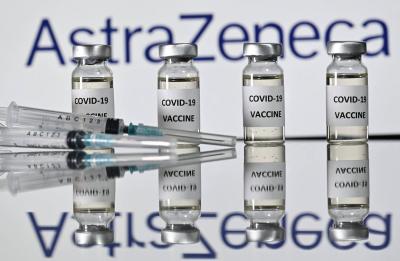
The Oxford Vaccine Trial results, currently under review to be published by the The Lancet, also found that up to a three-month interval between the two required doses of the jab proved an effective gap as protection against the deadly virus.
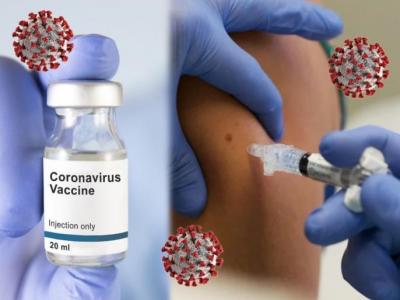
A single standard dose of the Oxford/AstraZeneca vaccine which is also being produced in collaboration with the Serum Institute of India also showed 76 per cent efficacy from day 22 to day 90 after the jab.
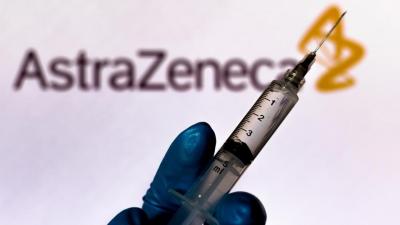
Reacting to the news, UK Health Secretary Matt Hancock said that the news about the Oxford vaccine is absolutely superb as two-third reduction in transmission, stronger protection from 12 week gap between doses and no hospitalisations.
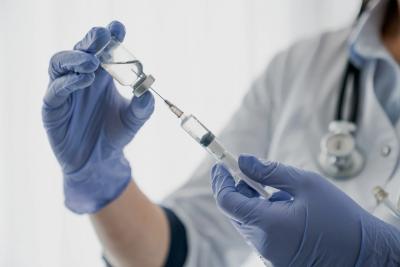
The study further found that a single standard dose of the vaccine is 76 per cent effective at protecting from primary symptomatic COVID-19 for the first 90 days post vaccination, once the immune system has built this protection 22 days after the vaccination, with the protection showing little evidence of waning in this period.
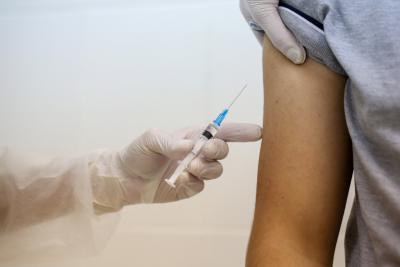
According to Matt Hancock, Britain's health minister, the news of the Oxford vaccine is indeed great. The Oxford vaccine has not only reduced hospital admissions, but also reduced the number of patients without symptoms by two-thirds.
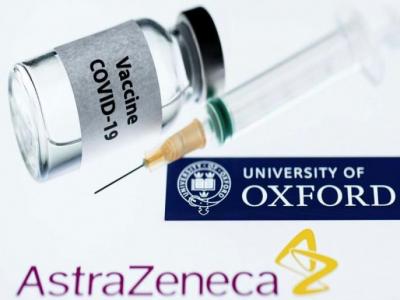
Notably, the study is based on swab tests on early recipients of the jabs, found no cases of hospitalisations and that the effect of dosing interval on efficacy is pronounced, with vaccine efficacy rising from 54.9 per cent with an interval of less than six weeks to 82.4 per cent when spaced 12 or more weeks apart.

Few days ago, research revealed that the corona vaccine was effective in fighting the novel corona virus in the elderly. It has been successful in developing an immune response in the elderly.
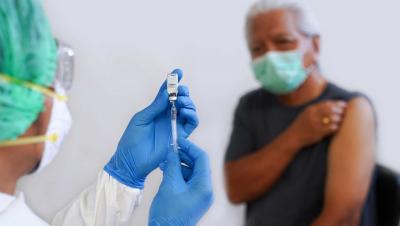
According to a report published in the Financial Times, the vaccine promotes the development of protective antibodies in the body of the elderly. The report cites two issues related to the research.

The vaccine was developed by AstraZeneca in collaboration with researchers at Oxford University. Advance testing of this vaccine is underway in India. In India, the vaccine is called Covishield.

























